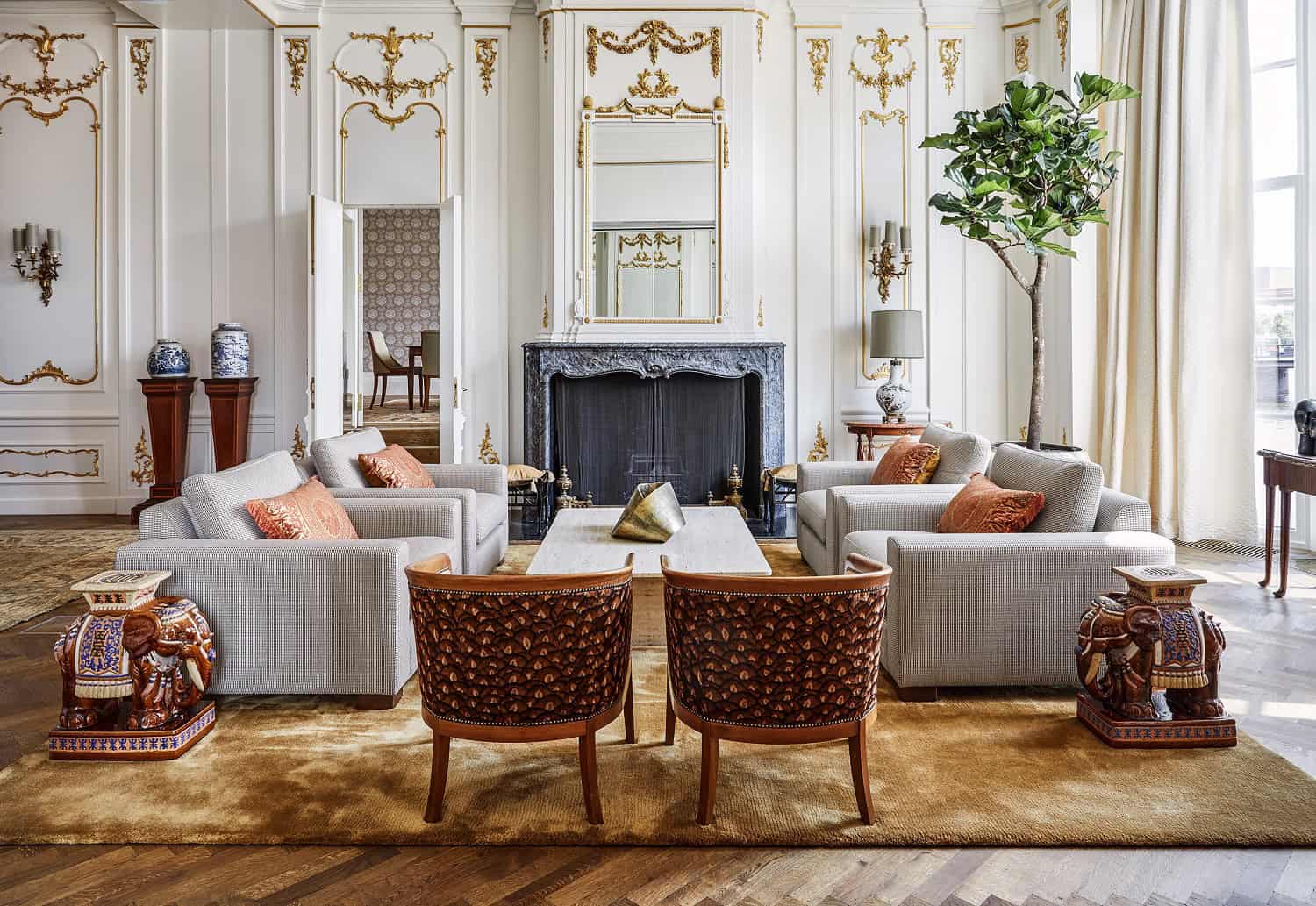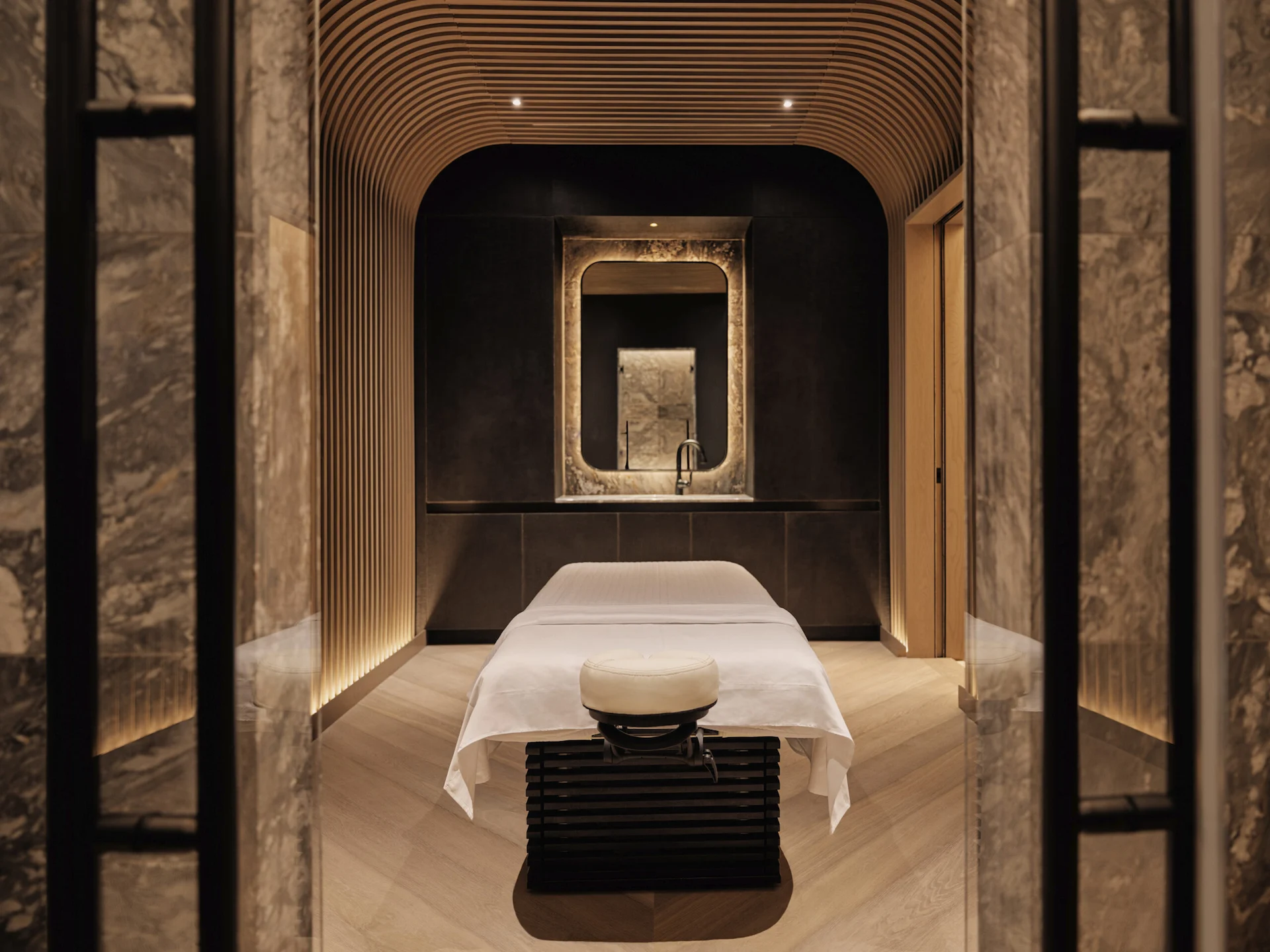The relationship between fashion and psychology is closer than we think. Despite fashion being a trillion dollar industry, much of the luxury market is based on current trends rather than personal style. And that’s what Anabel Maldonado discovered when she worked in the sector for ten years, a gap in the narrative. As she puts it, “no one was talking about individual differences in taste and examining why we wear what we wear”. The entrepreneur combined her love for fashion and background in psychology to launch PSYKHE in 2019, an AI-powered software to revamp the shopping process based on individuality. It begins with a short survey using the “big five” dimensions of personality to help customise the user’s recommendations through affiliate retail partner websites. We speak to Anabel on how she started the company, the psychology of place in fashion and how to form capsule wardrobes for your next vacation—with the help of PSYKHE.
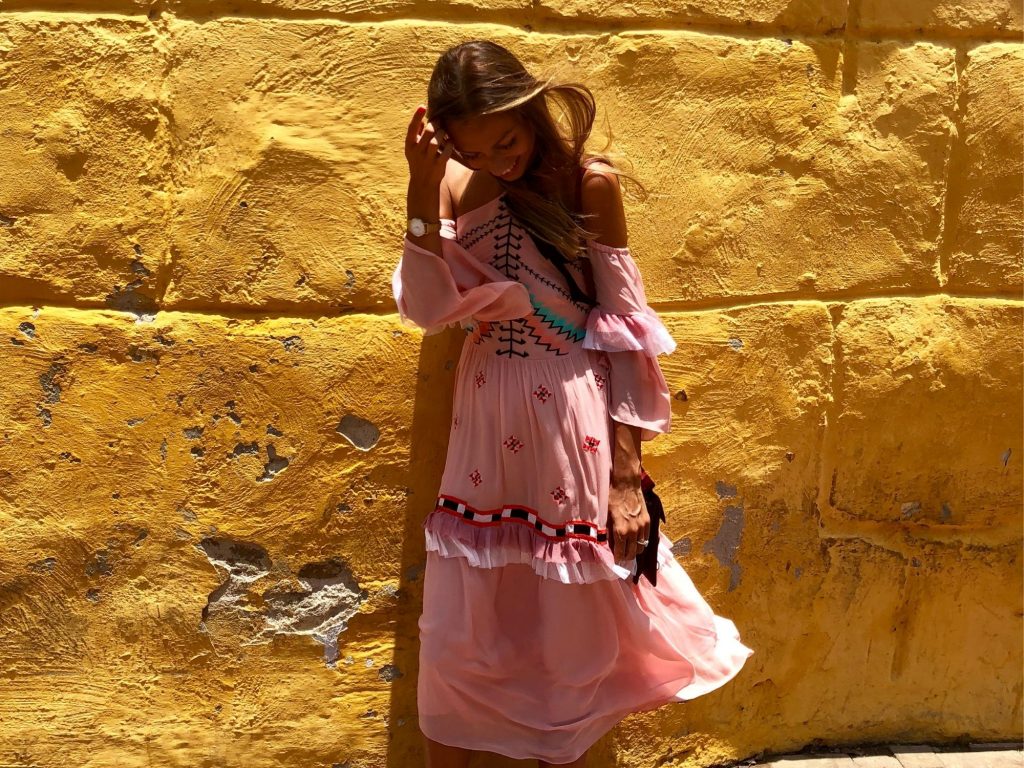
Could you tell us about yourself and how you started PSYKHE? I’m originally from Toronto, where I studied psychology as I was always motivated by understanding human behaviour. In a bit of a plot twist, I then ended up in London working in luxury fashion ecommerce and journalism for 10 years, and while I loved the industry, I always felt that the narrative in fashion was missing some depth—there was too much of a focus on blanket trends as opposed to personal style. Despite it being a trillion-dollar industry, no one was talking about individual differences in taste and examining why we wear what we wear.
The visceral reactions that we have to specific types of aesthetics are really important and I thought understanding why we have that gut-level reaction to different clothes, interiors and even travel destinations, was really fascinating. I then started to look at the Big 5 model of personality as it’s a very strong predictive model for a variety of preferences and life outcomes and carried out a pilot study to look at correlations between Big 5 trait scores and style leanings, such as colour, silhouette, print and brand preferences. Then thirdly, came the tech. Once I had developed this framework around fashion and personality psychology, I realised that the best application for it would be an AI-based recommender system that could merchandise a shopping page for every consumer based on their personality. And thus, PSYKHE was born.
See also: Astrologist Alice Bell On Understanding People Through Their Horoscopes
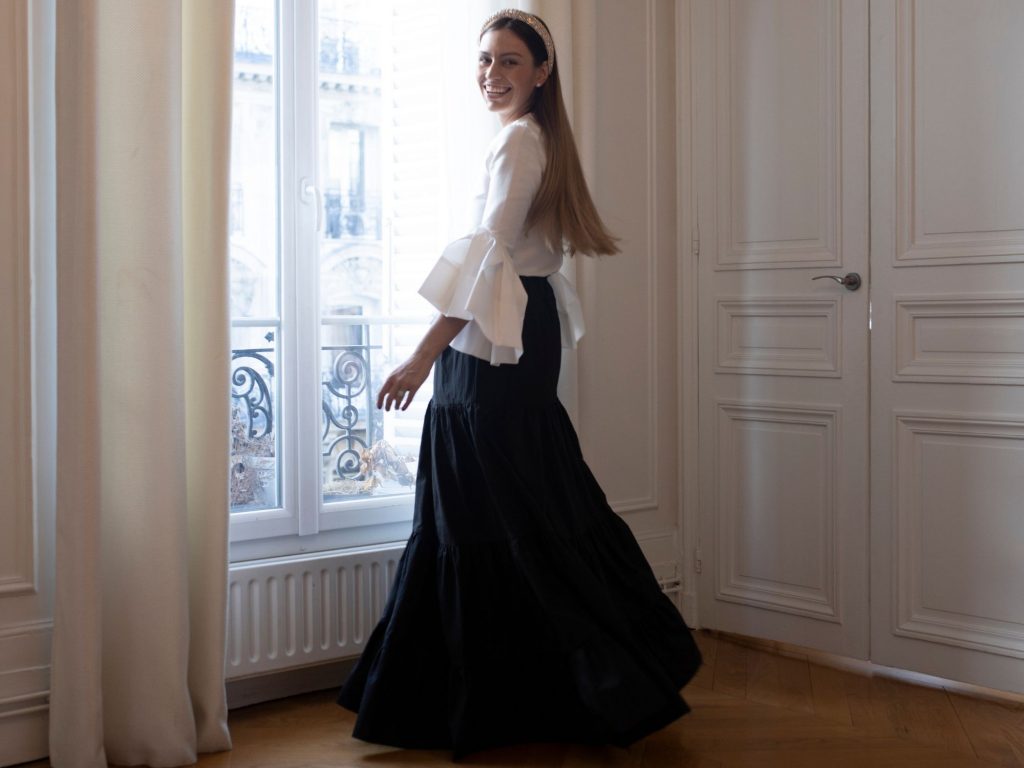
What is PSYKHE and how does it work? PSYKHE is a recommendation platform that personalises by personality, meaning that it matches people and products based on a shopper’s personality trait scores and known correlations with style preferences.
Who is PSYKHE aimed at? PSYKHE is aimed at anyone who loves fashion and either already has an innate sense of their personal style but seeks better understanding of what drives it, or those who want to cultivate a stronger sense of their personal style.
Your background is in psychology, neuroscience and then fashion. How did you apply these skills to support launching PSYKHE? My background in psychology enabled me to dissect what I understood about fashion and how it affects us and take what I understood about aesthetic preferences and systemise it in a way that previously hadn’t been done before—through the personal qualities and psychological payoff that an item provides. Using my specialised knowledge of fashion psychology has allowed me to create a framework that we’ve then embedded into the technology with machine learning. We’re essentially creating the brain of a superstylist that knows everyone really well.
See also: Iva Bravic Millereau’s Top Tips For Sleep Enhancement & How RE.VITYL Can Help

What’s the relationship between psychology and fashion? Psychology is the study of human behaviour—why we do what we do—and as such what drives our individual fashion preferences, why we wear what we wear, is part of psychology. Our own personal psychology, meaning our baseline personality traits, our moods and whatever might be a focal point of our inner world for us at a given time, will greatly dictate what we choose to wear and what we feel best and most authentic in.
How does the psychology of a place inspire fashion?To answer this, I like to think of what Elizabeth Gilbert wrote in Eat Pray Love, that “if you could read people’s thoughts as they were passing you on the streets of any given place, you would discover that most of them are thinking the same thought. Whatever that majority thought might be—that is the word of the city.” The overall vibe, lifestyle and collective focus of a place, whether it be about ambition, romance, relaxation, will also inspire the aesthetic it’s known for.
See also: mindish: A New Mental Health Studio In Hong Kong
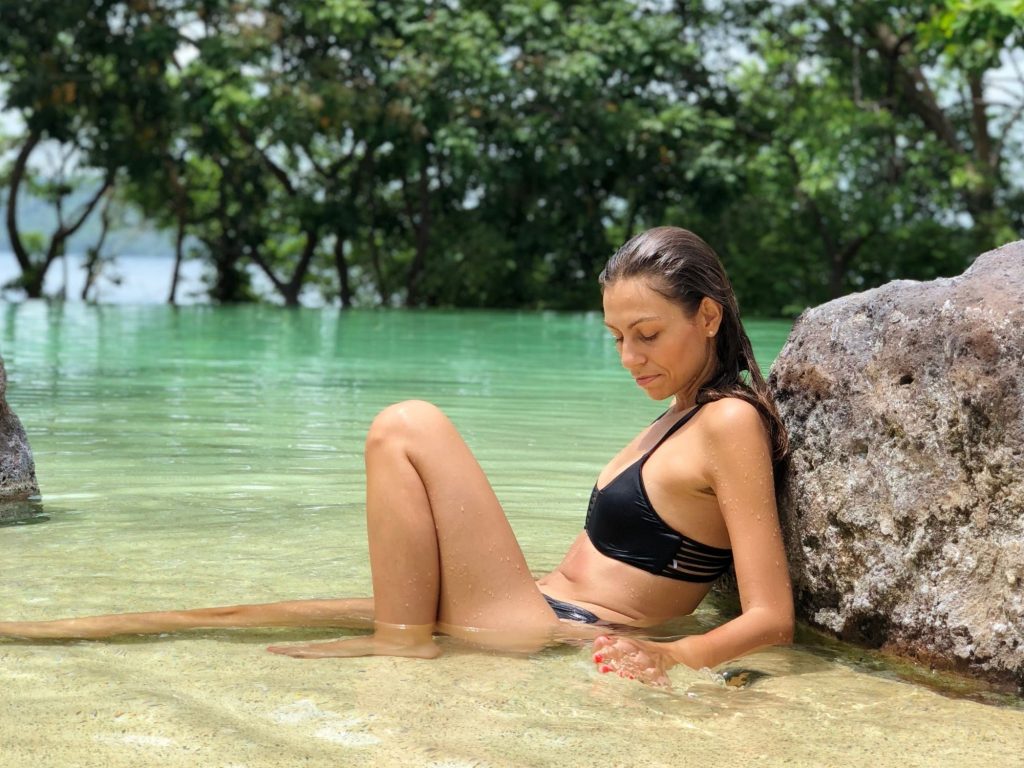
Why are we drawn to some places more than others? Travel, like fashion, provides psychological payoff. And much like with style, we’re drawn to certain travel destinations because of the particular type of psychological benefit they provide to us based on who we are and what we need at that time in our lives. One person might be drawn to a trip to New York City to look at tall buildings, because they might subconsciously want to trigger grit and determination, while another might be drawn to Rome to foster more traditional or pleasure-seeking values.
How does forming capsule wardrobes for certain trips affect us? I believe that we become different versions of ourselves on each trip we take, created by the frame of mind we’re in, where we choose to go, the books we bring, and the itinerary we follow (or don’t follow). Our capsule wardrobe is also part of that travel-identity creation. For example, we can choose to dress simple and minimalist in a white or black one-piece if on a reflective, inward-looking trip, or more extroverted if wanting to engage with the world more outwardly—think printed kaftans and chunky jewellery.
What’s next for PSYKHE? We’re launching a B2B SaaS application of our recommender system in 2022 so that retailers in the fashion and home verticals can use our API to personalise their shopping pages by personality for their consumers.

